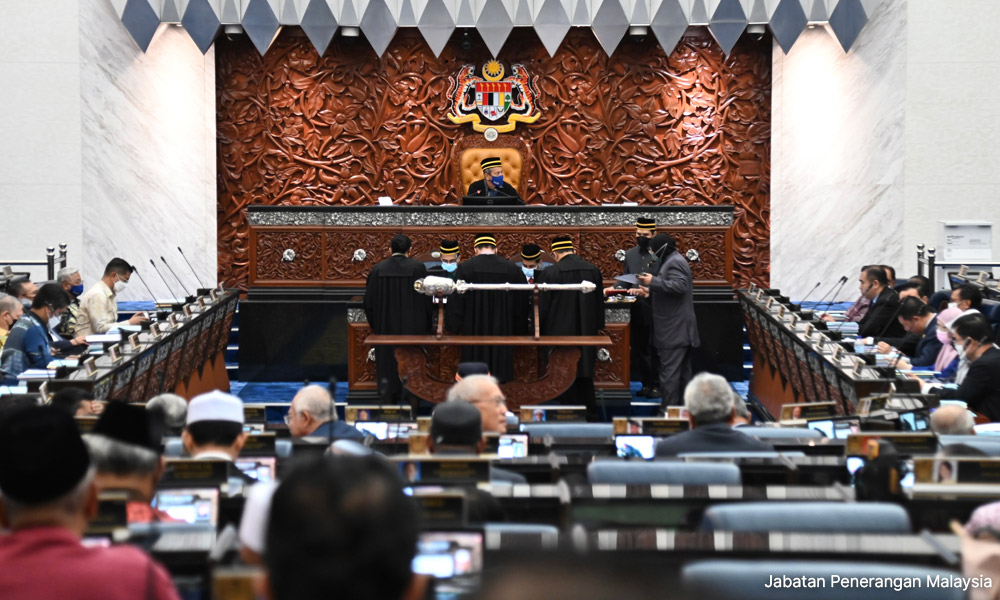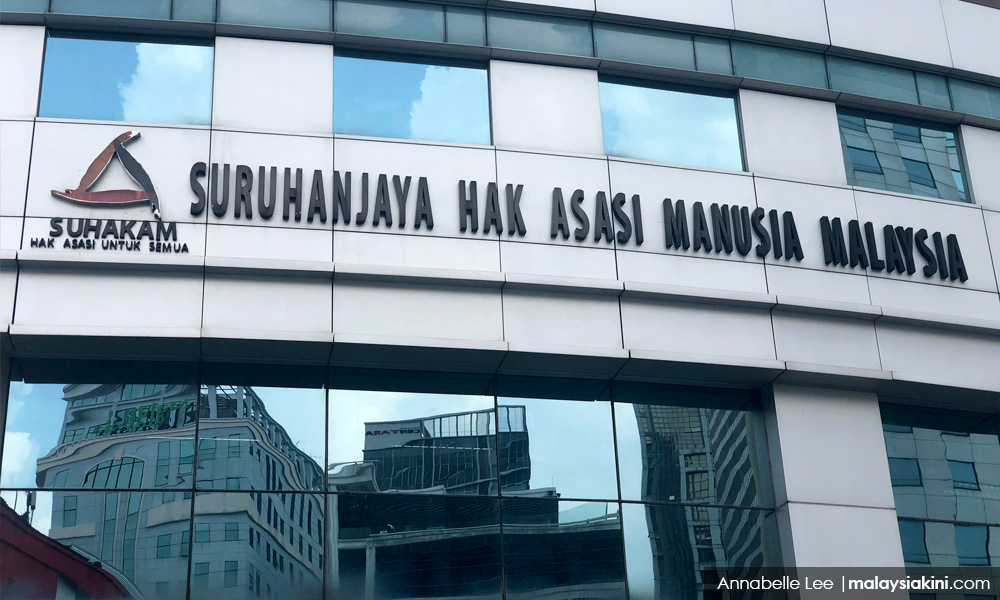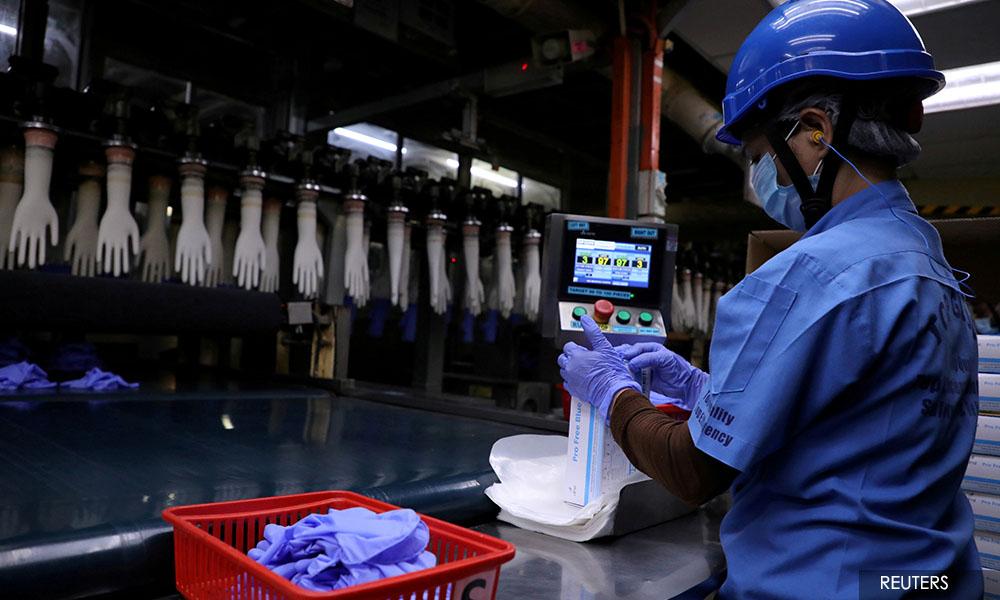The new chief for the National Human Rights Commission of Malaysia (Suhakam), Rahmat Mohamad, has vowed to push for the commission’s annual reports from 2020 to 2022 to be tabled and debated in Parliament again this year - after the Perikatan Nasional (PN) government hit a pause on the reports in 2020.
Suhakam had its annual report debated in Parliament for the first time in December 2019, but in the following year, the PN government at the time said it had no plan to allow it again.
“I think it needs to be tabled. I personally feel that issues of grave concern to the public at large need to be tabled and debated in Parliament.
“I mean issues like custodial deaths, the poor conditions or situation of the infrastructure and facilities in prisons and detention camps. I think these are pressing issues that need to be debated,” Rahmat told Malaysiakini in an interview at the Suhakam (Suruhanjaya Hak Asasi Manusia Malaysia) headquarters recently.
He said debating on the Suhakam annual report is an opportunity for the government to take corrective measures, such as providing the relevant agencies with more budget allocation to improve their facilities.
“You must also understand that the budget is very limited for the police, prison and immigration detention camps. So, perhaps if it is debated in Parliament and if there is a need to give more allocation to improve the facilities, this is where we will tell the government that the facilities must be improved,” he said.
Suhakam is in the midst of preparing its 2022 annual report, Rahmat said, adding that he is also aware that Suhakam has yet to submit its annual reports to Parliament for the past two years.

All these reports would be submitted, he vowed, as it is a statutory requirement under the Human Rights Commission of Malaysia Act 1999.
However, the Act does not specifically state that the report has to be debated in Parliament.
Under the Act, Suhakam’s role is as an independent statutory body that provides advice and recommendations to the government on human rights issues, among others.
Calls to empower Suhakam
Over the years, there have been calls to further empower Suhakam by vesting the commission with more powers to make it more effective in its role.
“I think more powers would mean that we are also accountable, meaning to say power comes with responsibility and accountability.
“We have budget constraints. There is a lot we want to do but there are a lot of constraints, so (if we were) given the discretion to do what we want to do, that would mean that the government would have to give us more money,” Rahmat said.

With an almost brand new line-up of Suhakam commissioners, including himself, Rahmat said among the issues that have caught their attention thus far is the ‘right to live’, specifically for those struggling in the Covid-19 pandemic.
“This is the era of post-pandemic and we don’t know when the prolonged inflation is going to end… so the issue is food on the table.
“Our concern is to ensure that what the government has promised, especially in ensuring how the B40, the homeless and the stateless people are treated, at least how to sustain their economic activities.
“We want to play that role to ensure that the deprived and vulnerable communities are getting their fair share of the cake in a real sense, not just by giving lip service,” he added.
Business and human rights
Another big issue Rahmat intends to pursue is “business and human rights”, such as the deprivation of salary for both migrant and local workers.
He pointed to the sanctions imposed on medical glove maker Top Glove by the US Customs and Border Protection (CBP) from July 2020 to September 2021 over forced labour concerns.
“We are working closely with not just NGOs but also with government agencies like the Human Resources Department to ensure companies are accountable because it does not augur well for our reputation internationally.
“We had this problem with Top Glove, which was very embarrassing for the country,” he said.

Rahmat also said he would like Suhakam to be more involved in climate change and environmental issues.
Commending the government for its commitment to achieving the sustainable development goals (SDGs) - set up by the 2015 United Nations general assembly - by 2030, Rahmat said a number of these goals are related to human rights.
“I want to play a role in this to ensure that we in Malaysia now, we live in a safe environment.
“If you look at the 17 initiatives under the SDGs, one is on the alleviation of poverty and there are so many of these things which I think are related to human rights.
“Suhakam’s role is to ensure that whatever the government has already committed to, as long as there are within human rights, we will definitely pursue,” Rahmat added. - Mkini



No comments:
Post a Comment
Note: Only a member of this blog may post a comment.